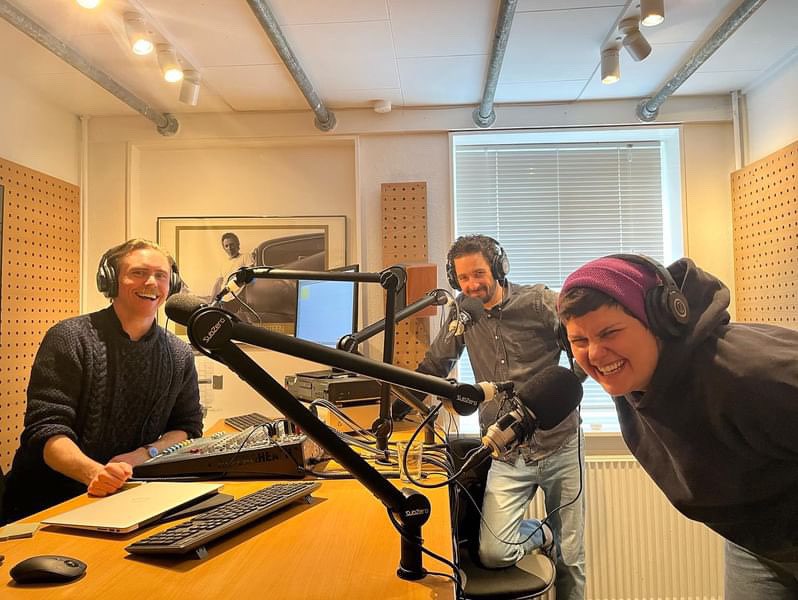This very week last year, the fifth episode of the third and final series of ‘Forbrydelsen’ was shown to 1.64 million viewers in Denmark. It would go on to be watched by a further million viewers when ‘The Killing’, as it is better known in the UK, aired 40 days later.
The popularity of the BAFTA award-winning drama was self-evident, but yet there is to be no fourth series. Sarah Lund and her trademark sweater have been neatly packed away at DR in the ‘most successful export since Carlsberg’ archive. And there they will remain.
“To stop in time is a privilege we have because we have something different to offer,” explained Piv Bernth, the head of drama at DR Fiction.
“After 30 or 40 episodes, you begin to start copying stuff and creating strange characters to make it more entertaining. As a result the stories become thinner and thinner.”
The creator and head writer of the series, Søren Sveistrup, agrees and reveal it was never his intention to make more than three seasons, as he thought it would compromise the quality of the production.
“The whole industry was doing slasher-crime stories without any reflection; every crime show on television was neverending,” he explained.
The magic three-season rule
It is an informal policy of DR to limit a series to three seasons in order to create space for new and original projects.
“Our obligation is to be creative and innovative and go a little further than commercial channels would,” Bernth said. “Of course, if Søren had a good idea and Sofie [Gråbøl] wanted to join the cast again, then I’m sure DR would be interested.”
Sveistrup clearly appreciates the support of DR, which has been extremely strong since the huge impact of the first series.
“They gave me carte blanche to do whatever I wanted. I was very grateful for this,” he recalled. Many writers, particularly for commercial broadcasters concerned about their viewing figures on a week-to-week basis, aren’t afforded the same privilege.
“The whole luxury of working for a public broadcaster is that you don’t necessarily depend on the financing as the financing is always there. I didn’t have to worry if the commercials weren’t sold; I had very free hands,” he said. “DR were listening to what I had to say about the product. They weren’t anxious because they didn’t invest anything, so we didn’t have to continue for five more seasons to get the project home.”
One writer, one vision
From DR’s perspective, it was a question of loyalty. “DR would never pressure Søren to do a new season. We try so hard to respect the ‘one vision’ way of working – the story has to come from the writer,” Bernth explained.
“Søren is an excellent writer. We would like to continue working with him, and so we gave him time to develop a new idea for us. There is no reason to believe that he couldn’t write another series that will make an equal impact. We are expecting another great concept from him.”
According to Bernth, this faith in writers is mirrored by the public’s belief in DR. “They [the public] trust us and believe we can develop new things.”
A bright future
And Sveistrup is confident about the future.“I think that ‘Forbrydelsen’ has opened many doors for other shows,” he contended. “The series has become part of one big Nordic melting pot.” And it is still very much leading the charge.
US cable channel AMC, in co-operation with Netflix, produced three series of ‘The Killing’, while there are Indian and Turkish language remakes in the offing, now the dust has settled. In total, over 120 countries have so far purchased the rights to broadcast the first two series.
Elsewhere, the success of DR’s other BAFTA-winning series ‘Borgen’ and ‘Broen’, which will be remade twice (across the Mexican-US and French-British borders),bodes well for the future of Danish television.
And we can expect Sveistrup to be at the forefront.“It’s been a year and I feel good about the decision not to continue the series,” he said. “But I miss the crime genre. I am starting to get very hungry again. I will have to write something sinister again soon.”













